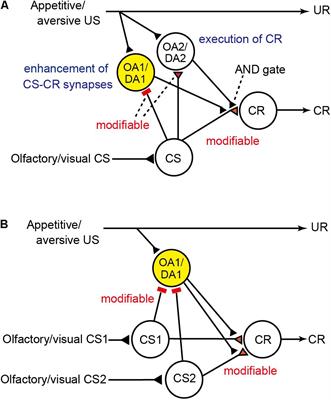EDITORIAL
Published on 05 Dec 2019
Editorial: The Mechanisms of Insect Cognition
doi 10.3389/fpsyg.2019.02751
- 10,761 views
- 17 citations
31k
Total Downloads
388k
Total Views and Downloads
You will be redirected to our submission process.
EDITORIAL
Published on 05 Dec 2019
ORIGINAL RESEARCH
Published on 05 Apr 2019
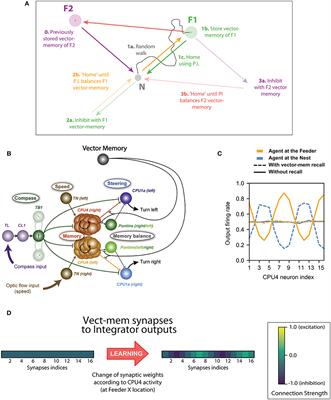
MINI REVIEW
Published on 02 Oct 2018
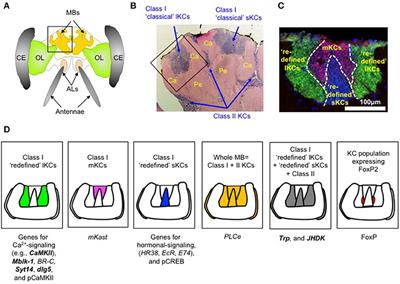
ORIGINAL RESEARCH
Published on 03 Sep 2018
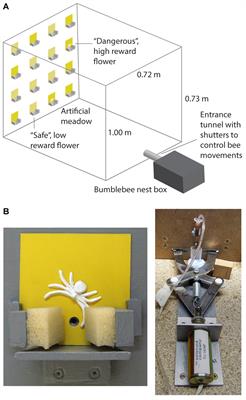
OPINION
Published on 31 Aug 2018
HYPOTHESIS AND THEORY
Published on 24 Aug 2018
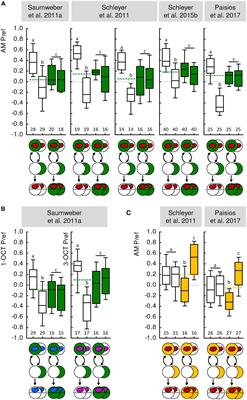
ORIGINAL RESEARCH
Published on 24 Aug 2018

MINI REVIEW
Published on 21 Aug 2018
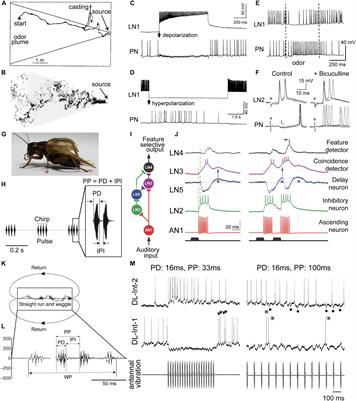
ORIGINAL RESEARCH
Published on 03 Aug 2018
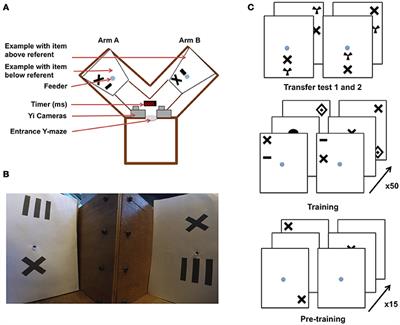
ORIGINAL RESEARCH
Published on 31 Jul 2018

ORIGINAL RESEARCH
Published on 30 Jul 2018
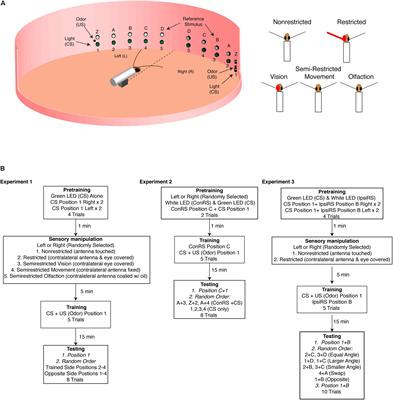
MINI REVIEW
Published on 23 Jul 2018
